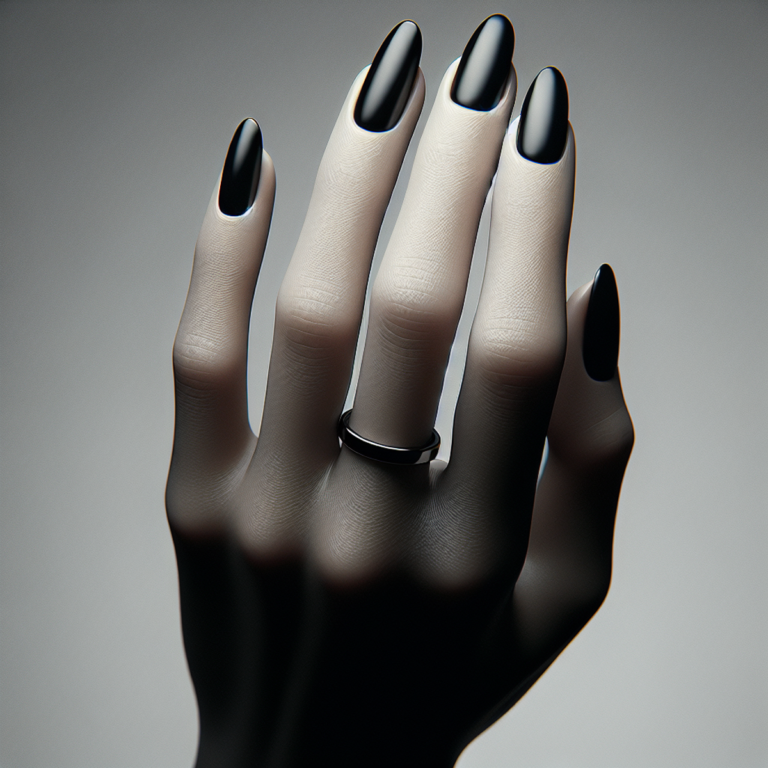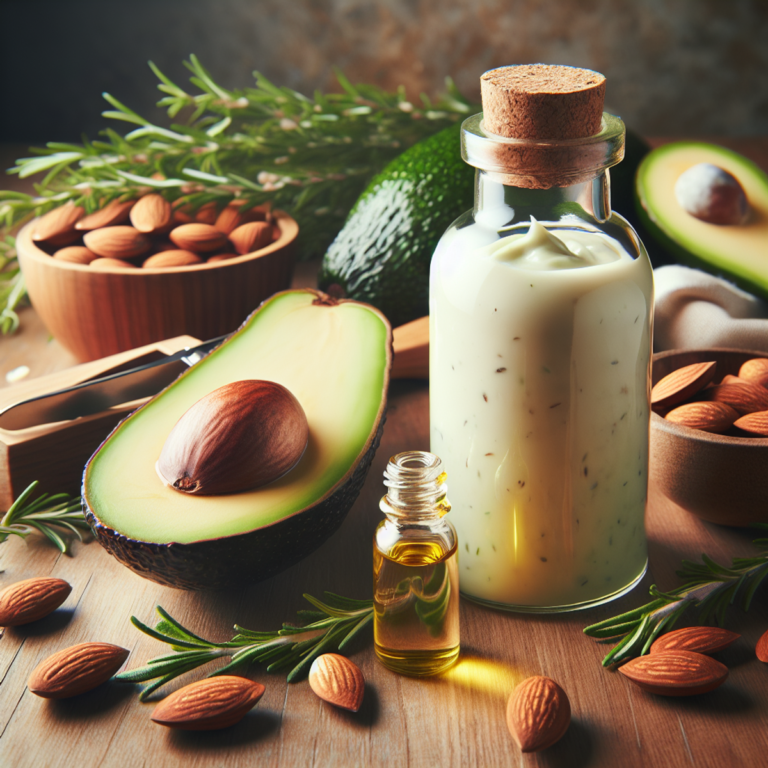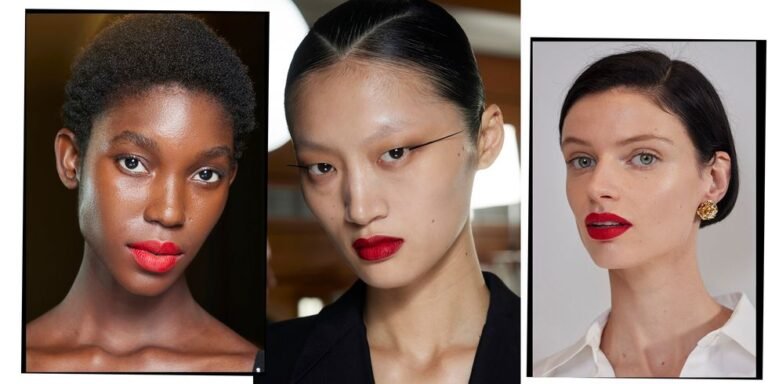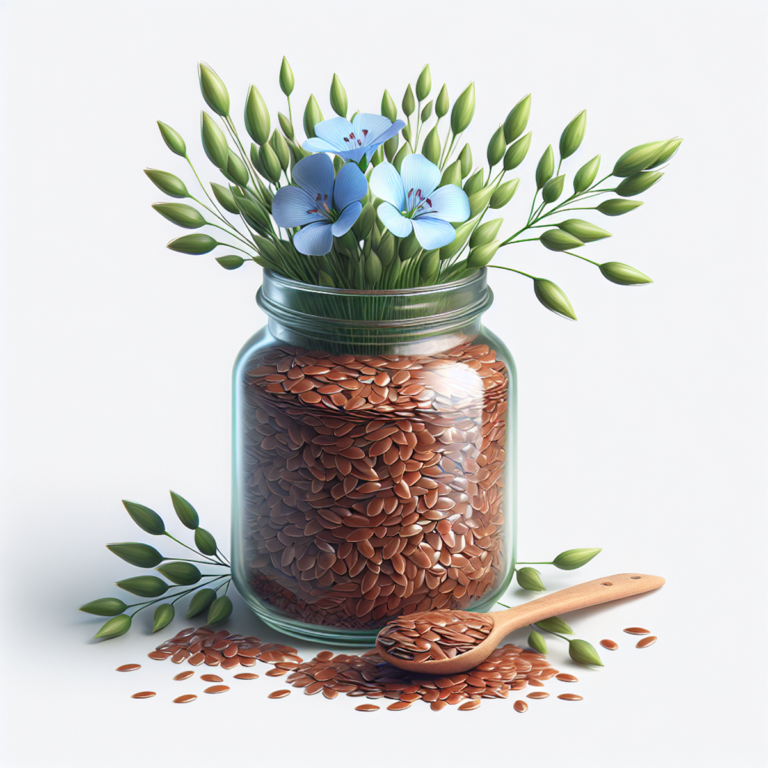Postpartum Hair Loss: Everything You Need to Know About Losing Hair After Pregnancy

Introduction
Postpartum hair loss, also known as postpartum alopecia, refers to the excessive shedding of hair experienced by many women after giving birth. This natural phenomenon is a result of hormonal changes during and after pregnancy, particularly a drop in estrogen levels. It is a common occurrence after childbirth and typically peaks around four months post-delivery. The duration of postpartum hair loss spans until the baby’s first birthday and is considered a normal part of the recovery from pregnancy.
The emotional impact of losing hair after pregnancy can be significant for many women, and understanding the causes and management of postpartum hair loss is essential for coping with this temporary phase in the journey of motherhood.
Causes of Postpartum Hair Loss
Postpartum hair loss, also known as postpartum alopecia, is primarily caused by hormonal changes that occur during and after pregnancy. These hormonal fluctuations, particularly a drop in estrogen levels, can have a significant impact on the hair growth cycle.
How Hormones Affect Hair Growth
Hormones play a crucial role in regulating the hair growth cycle. Estrogen, in particular, helps to prolong the growth phase of the hair follicles, resulting in thicker and healthier-looking hair during pregnancy. This is why many women experience luxurious, voluminous hair while they are expecting.
What Happens to Hormones After Pregnancy
After giving birth, hormone levels shift dramatically. Estrogen levels rapidly decline, causing the hair follicles to enter a resting phase known as telogen. This means that more hair follicles than usual enter the shedding phase simultaneously.
This shedding typically occurs around three to four months postpartum but can vary from woman to woman. It is important to note that postpartum hair loss is a temporary condition and does not indicate any underlying health issues.
The hormonal changes during pregnancy and their subsequent drop after childbirth can result in noticeable hair loss for many new mothers. However, it is essential to remember that this is a normal part of the postpartum journey, as explained by experts at Lyndhurst Gynecologic Associates, and that the hair will eventually regrow once hormone levels stabilize.
Understanding the causes of postpartum hair loss can help women navigate this temporary phase with confidence and reassurance. For further information about this topic, you may refer to the resources provided.
Understanding the Hair Growth Cycle
To better understand postpartum hair loss, it’s important to know how the hair growth cycle works. The cycle has three main phases:
- Anagen Phase (Active Growth):
- This is when the hair follicle produces new cells that form the hair strand.
- The anagen phase can last anywhere from 2 to 7 years, and its length determines how long your hair can grow.
- During pregnancy, hormonal changes may prolong this phase, leading to thicker and fuller hair.
- Catagen Phase (Transition):
- This is a short transitional phase that lasts about 2 to 3 weeks.
- Hair growth stops during this phase, and the hair follicle shrinks.
- Telogen Phase (Resting):
- The telogen phase is a resting period that lasts around 2 to 3 months.
- Approximately 10-15% of your hairs are in this phase at any given time.
- After the telogen phase, old hairs fall out to make room for new ones.
During pregnancy, high levels of hormones can extend the anagen (growth) phase, resulting in reduced shedding and thicker-looking hair. However, after giving birth, when hormone levels return to normal, many hairs enter the telogen (resting) phase together. This leads to increased shedding and noticeable postpartum hair loss.
It’s essential to understand that postpartum hair loss is temporary and usually resolves on its own within a year after childbirth. Knowing how the hair growth cycle works can help ease worries about excessive shedding during this time.
Factors Contributing to Postpartum Hair Loss
Postpartum hair loss happens due to various factors such as pregnancy hormones, stress, and nutritional deficiencies. Knowing about these factors can help women deal with this temporary phase of hair loss after giving birth.
1. Influence of Pregnancy Hormones on Hair Growth
During pregnancy, hormonal changes cause an increase in the production of estrogen, which prolongs the growth phase of the hair follicles. This results in thicker and fuller hair. However, after giving birth, estrogen levels drop dramatically, causing a shift in the hair growth cycle. The sudden decrease in estrogen can trigger excessive shedding and lead to postpartum hair loss.
2. Impact of Stress on Hair Health
Stress is known to affect overall health, including the condition of our hair. The physical and emotional stress experienced during pregnancy and early motherhood can contribute to postpartum hair loss. High-stress levels can disrupt the normal hair growth cycle, pushing more hairs into the shedding phase.
3. Nutritional Deficiencies and Their Connection to Postpartum Hair Loss
Nutritional deficiencies can play a role in postpartum hair loss. Pregnancy and breastfeeding require increased nutrient intake, and if a woman’s diet lacks essential vitamins and minerals, it can impact the health of her hair. In particular, deficiencies in iron, biotin, zinc, and vitamin D have been linked to hair loss.
It’s important for new mothers to prioritize their nutrition and manage stress levels to support healthy hair growth during this time. A balanced diet rich in fruits, vegetables, lean proteins, whole grains, and healthy fats can provide the necessary nutrients for hair health. Additionally, incorporating supplements or vitamins specifically designed for postpartum hair loss may be beneficial.
By addressing these contributing factors and adopting healthy habits, women can effectively manage postpartum hair loss and promote optimal hair regrowth.
Managing Postpartum Hair Loss
Postpartum hair loss can be a challenging experience for many women, but there are several strategies you can implement to manage and minimize its effects. By adopting gentle hair care practices, ensuring proper nutrition for hair health, considering supplements, vitamins, and other topical treatments such as oral minoxidil or incorporating specific vitamins and supplements, you can support the regrowth of your hair.
Gentle Hair Care Practices
Taking care of your hair during the postpartum period is crucial to prevent further damage and promote healthy regrowth. Consider the following tips:
- Use a wide-toothed comb or a brush with soft bristles to avoid excessive pulling or tugging on your hair.
- Minimize heat styling tools such as curling irons, straighteners, and blow dryers, as they can cause additional stress and damage to your already weakened hair.
- Avoid hairstyles that put tension on your scalp, such as tight ponytails or buns.
- Opt for gentle shampoos and conditioners specifically formulated for postpartum hair loss. Look for products that contain ingredients like biotin, keratin, and collagen to strengthen your hair strands.
Proper Nutrition for Hair Health
A balanced diet rich in essential nutrients is essential for promoting healthy hair growth. Consider incorporating the following nutrients into your daily meals:
- Protein: Include lean meats, fish, eggs, legumes, and dairy products to provide your body with the necessary building blocks for strong and healthy hair.
- Omega-3 fatty acids: Incorporate foods like salmon, walnuts, chia seeds, and flaxseeds into your diet to support scalp health and reduce inflammation.
- Vitamins A and C: These vitamins help in the production of sebum, which moisturizes the scalp. Increase your intake of fruits and vegetables like carrots, spinach, sweet potatoes, citrus fruits, and berries.
- Biotin: Found in foods like eggs, nuts, seeds, and whole grains, biotin plays a crucial role in hair growth.
Supplements, Vitamins, and Other Topical Treatments
In addition to a balanced diet and gentle hair care practices, certain supplements, vitamins, and topical treatments can provide extra support for postpartum hair loss management. Consider the following options:
- Biotin supplements: Taking biotin supplements can help strengthen hair and promote growth. Consult with your healthcare provider before starting any new supplements.
- Vitamin D supplements: Low levels of vitamin D have been associated with hair loss. Talk to your doctor about checking your vitamin D levels and potentially supplementing if necessary.
- Topical minoxidil: In some cases where oral minoxidil isn’t suitable or preferred, topical minoxidil is another FDA-approved over-the-counter treatment that can stimulate hair regrowth. Speak to your doctor or dermatologist to determine which option is best
Seeking Medical Advice for Severe Postpartum Hair Loss Cases
Experiencing some hair loss after pregnancy is normal, but if you notice excessive hair shedding or if the hair loss persists beyond the first year after childbirth, it may be a good idea to seek medical advice. In some cases, severe postpartum hair loss can be a sign of an underlying condition such as postpartum thyroiditis. Here are some key points to consider:
1. Identifying Excessive Hair Loss
It’s important to understand what is considered excessive hair loss. While it’s normal to lose about 100 hairs per day, losing significantly more than that may indicate a problem. If you notice clumps of hair falling out or if you’re constantly finding strands of hair on your pillow, in the shower drain, or on your brush, it’s worth discussing with your healthcare provider.
2. Recognizing Symptoms of Postpartum Thyroiditis
Postpartum thyroiditis is a condition that affects the thyroid gland and can cause hair loss among other symptoms. It typically occurs within the first year after giving birth and is characterized by an inflammation of the thyroid gland. Some common symptoms include fatigue, weight gain or loss, mood changes, and increased sensitivity to cold or heat. If you experience any of these symptoms along with excessive hair loss, it’s important to consult with your doctor for further evaluation.
Remember, seeking medical advice does not necessarily mean there is something seriously wrong. It’s always better to address any concerns with a healthcare professional who can provide proper guidance and support. They will be able to assess your specific situation, conduct any necessary tests, and recommend appropriate treatment options if needed.
By seeking medical advice for severe postpartum hair loss cases, you can ensure that any underlying conditions are properly diagnosed and managed, leading to healthier hair growth in the long run.
Coping Strategies for Women Dealing with Postpartum Hair Loss
Losing hair after pregnancy can have a significant emotional impact on women. It is normal to feel a range of emotions, including frustration, self-consciousness, and even sadness. However, it’s important to remember that postpartum hair loss is temporary and part of the natural process of the body recovering from pregnancy.
To help cope with the emotional impact of losing hair after pregnancy, here are some self-care practices that can boost confidence and overall well-being:
- Practice self-compassion: Be kind to yourself and remind yourself that postpartum hair loss is a common occurrence. Remember that your worth is not determined by your appearance.
- Talk to others: Connect with other new moms who may be going through similar experiences. Sharing your feelings and concerns with others who understand can provide comfort and support.
- Focus on what you can control: While you may not be able to prevent postpartum hair loss, you can take steps to improve the health of your hair. This includes gentle hair care practices, such as using mild shampoos and conditioners, avoiding heat styling tools, and minimizing chemical treatments.
- Experiment with new hairstyles: Embrace this opportunity to try different hairstyles that work with your current hair texture and volume. Consult with a hairstylist who can suggest flattering cuts or styles that can make you feel confident and beautiful.
- Take care of your overall well-being: Engage in activities that promote relaxation and reduce stress levels, such as practicing yoga or meditation. Prioritize self-care activities like getting enough sleep, eating a balanced diet, and staying hydrated.
Remember, coping with postpartum hair loss is not just about physical appearance but also about nurturing your emotional well-being during this transformative time in your life. By practicing self-care and seeking support from others, you can navigate through this temporary phase with confidence and grace.
Conclusion
Postpartum hair loss, also known as postpartum alopecia, is a temporary phase in the journey of motherhood. It is a common occurrence after childbirth and can be attributed to the hormonal changes during and after pregnancy. While it may be distressing for many women, it is important to remember that postpartum hair loss is a natural part of the recovery process from pregnancy.
It is essential to provide encouragement and support to women who are experiencing hair loss after childbirth. Here are a few key points to remember:
- Be patient: Postpartum hair loss typically lasts until the baby’s first birthday. Understanding that this shedding phase will eventually pass can help alleviate anxiety and stress.
- Focus on self-care: Taking care of yourself physically and emotionally can boost your confidence and well-being during this challenging time. Engage in activities that bring you joy and relaxation, such as practicing mindfulness, exercising, or spending time with loved ones.
- Seek support: Don’t hesitate to reach out to friends, family, or online communities for support and advice. Connecting with other women who have gone through or are going through the same experience can provide comfort and reassurance.
Remember, postpartum hair loss does not define your worth as a mother or woman. Embrace the journey of motherhood with all its ups and downs, knowing that your body is going through a natural healing process. Take care of yourself, be patient, and trust that your hair will gradually return to its pre-pregnancy state.
In conclusion, postpartum hair loss is a temporary phase that many women go through after giving birth. With proper care and self-compassion, you can navigate this period with confidence and emerge stronger on the other side. Embrace your journey of motherhood and know that you are not alone in experiencing postpartum hair loss.










